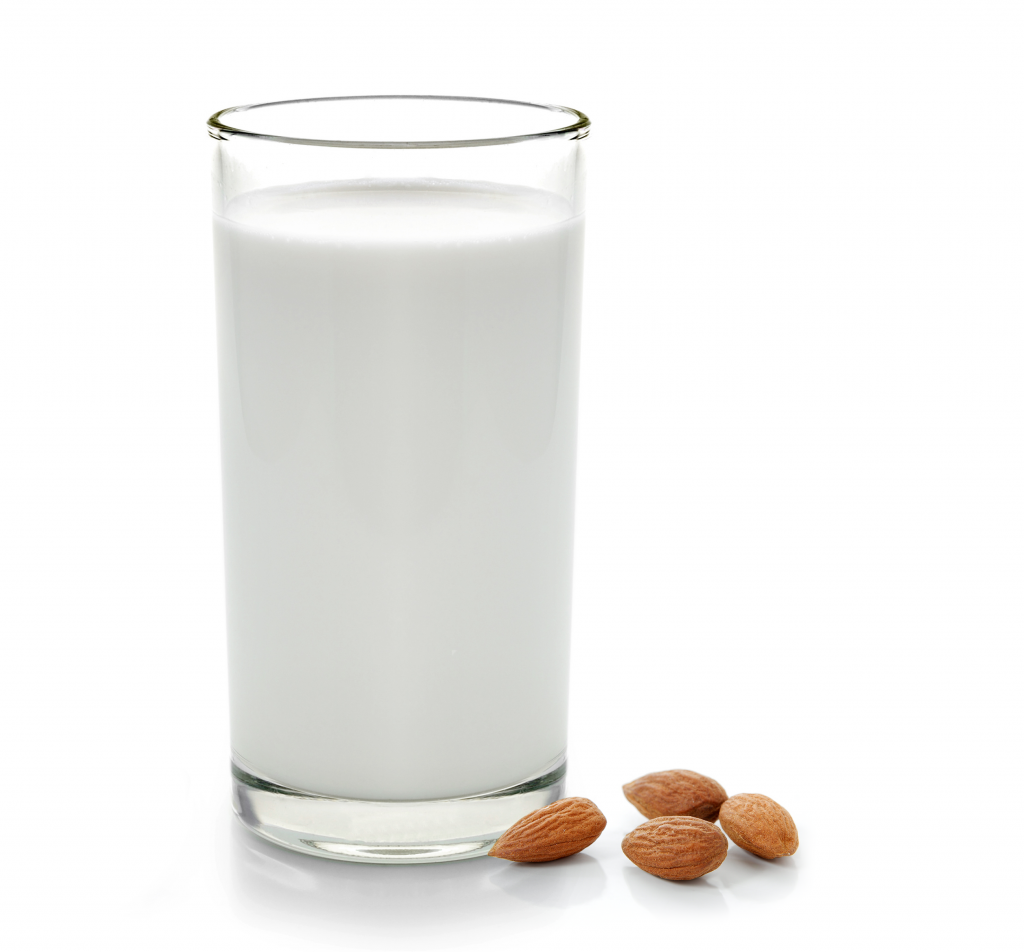If he were alive today, Frank Sinatra would not be calling Chicago “my kind of town.” First the Chicago City Council shoved a ban of the French delicacy foie gras down the throats of city-dwellers on flimsy animal-rights premises. Now the city oligarchs are weighing a ban on cooking oils that contain trans fats (the dietary villain of the moment) on the justification that “[i]f we can ban foie gras we can ban this.”
Veteran food critic Raymond Sokolov is having none of it. In an op-ed for The Wall Street Journal (whose arts and leisure pages Sokolov edited for two decades), he takes the Windy City food police to task for their dietary demonization:
What if arsenic also conferred profitable advantages to margarine or potato chips? Clearly, we’d all vote to ban its use. But banning trans fats, or even just dissing them by implication on doughnut labels, is neither a slam dunk for the food police nor a salvation for KFC addicts. Even if we were to agree as a society that trans fats were as worthy of outlaw status as cobra venom and avoided them with the same fear, it wouldn’t transform people with body-fat indexes of 50 into Heidi Klum. Or guarantee them a longer life.
Sokolov continues with the observation that singling out any one food for city-imposed exile is not only (probably) illegal under our Constitution, it’s also a waste of time:
No one, even in Chicago, has proposed banning butter, which would make about as much sense as the effective banning of palm oil as a source of saturated fat did a few years ago. Banning foods is a mug’s game, and, on the local level, it is quite likely a violation of the commerce clause of the Constitution. In any case, no ordinance will turn people who can’t stay away from Popeye’s Cajun chicken — people like me — into fruitarians.
Similarly, the editors of the Chicago Tribune recently opined that this latest proposal is “enough to make you cheer for more trans fats and fewer aldermen.”




